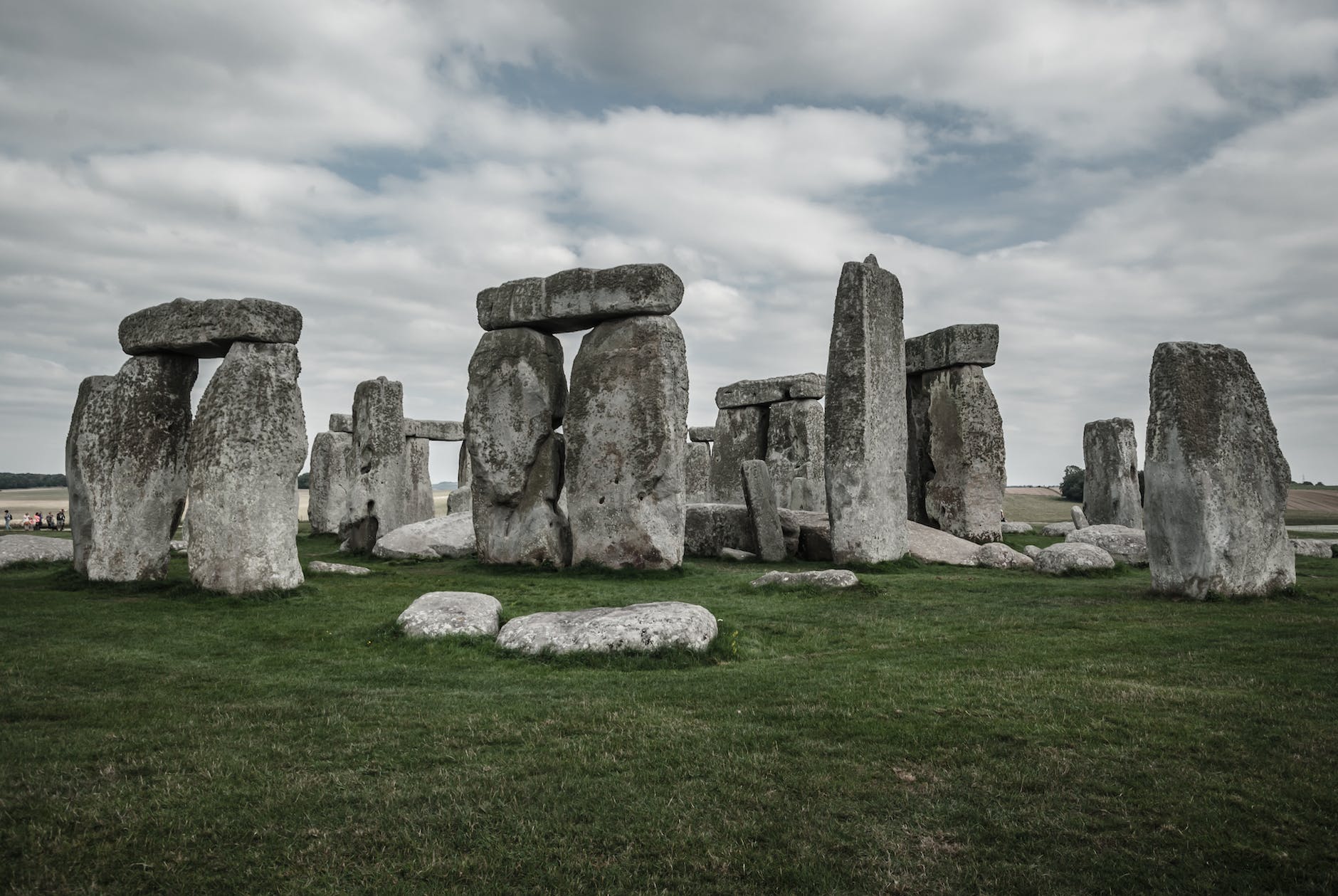Recently, an objection to The Fine Tuning Argument for God’s existence has caught my attention. If you don’t know what the fine tuning argument is, if you have no idea what I’m talking about, if this is your first time visiting Cerebral Faith, then you should go read my article “The Fine Tuning Argument For God’s Existence (Updated Version)”
The objection is that we’re presupposing that life was the goal of the Creator of the universe, when the data doesn’t justify that conclusion. We say “the universe is finely tuned for intelligent life”, but why couldn’t we say with just as much confidence “the universe is finely tuned for the existence of earthworms” or “the universe is finely tuned for the existence of planets” or “the universe is finely tuned for the existence of walruses?” What exactly makes us think that human beings were the purpose for which the universe is finely tuned? Is the Fine Tuning argument presumptuous?
I don’t think this is a good objection. For one thing, The Fine Tuning Argument does not presuppose that the universe was finely tuned for human life or for any other life for that matter. Here’s the syllogism that I use when defending The Fine Tuning argument. This syllogism was formulated by philosopher Dr. William Lane Craig, and he uses it in his books “Reasonable Faith” and “On Guard”.
1: The Fine Tuning is due to either physical necessity, chance, or design.
2: It is not due to physical necessity, or chance.
3: Therefore, it is due to design.
This is a logically valid argument since it takes the form Disjunctive Syllogism. Notice that there’s nothing in either premise which states that the universe’s fine tuning is for the purpose of human beings. All the first premise does is state the possible explanations for why the universe’s physical constants and quantities fall within the very narrow life permitting rage. Why do the physical constants and quantities fall into those ranges? Was it physically neccesarry that they fell into those ranges? Did they fall into those ranges by accident? Or did a supreme Being purposefully create those constants and quantities with those ranges? The first premise lists those 3 as the possible explanations. The second premise rules out necessity and chance, which leaves design as the only possible explanation left. Now, I defend the truth of those two premises in “The Fine Tuning Argument For God’s Existence (Updated Version)” which I linked to above and here.
Neither the two premises nor its conclusion states that human beings were the purpose of the universe’s being fine tuned the way it is. All the conclusion states is that the best explanation for why the constants and quantities are the way they are is because an intelligent designer made them that way. You can conclude design without presupposing why it was designed.
Take Stonehenge for example. Nobody on Earth knows why Stonehenge was built. We have no idea what the purpose was. But we know that intelligent agents purposefully arranged those large rocks the way they did. We know this because it’s not physically necessary that those rocks be arranged the way they are, and we also know that it’s too improbable for the rocks to conform to just that specific pattern. So we conclude that it was intelligently designed. We conclude that intelligent agents did it, even though we don’t know why they did it.
In the same way, we can conclude the universe was finely tuned by designed, even if we don’t know why it was designed.
It seems to me that there are two different questions that can be asked with respect to fine tuning. Number 1: Was It due to design? And Number 2: What was the designer’s purpose for designing it that way?
The second question cannot even be asked without answering question number 1 in the affirmative. For if the fine tuning was due to chance, or necessity, then it’s unintelligible to ask what the purpose of it was. For there would be no purpose for why the universe is fine tuned. That would just be the way the cookie crumbled. It is only meaningful to discuss the purpose of the universe’s being fine tuned after you’ve already concluded design.
So, after you conclude that the universe is finely tuned by design, you can then ask “Why did the designer go to the trouble of finely tuning it this way?”
By the way, I think that the purpose of the universe’s being fine tuned the way it is is because He wanted life to exist. Maybe not human life, but at least life in general. Why do I say that? Because of what correlates with the constants and quantities being as they are. 99.99% of the values these constants and quantities could have taken would have prevented life of any kind from evolving anywhere at any time in the universe. Only 00.01% of the values are life permitting. And it’s that narrow range of life permitting values that the Creator of the universe made the constants and quantities take. So, it would make sense to say that the reason He designed the physics of the universe was because He wanted life to exist. At least life in general.
For example, if you walked into a clock shop and saw that all of the clocks were set at just the right time, that is to say, the correct time of day, you would conclude that the clocks were intelligently designed that way. But not only would you conclude that the clocks were designed to tell that particular time, but you might also conclude that the reason they were designed was because the clock store owner wanted his clocks to reflect the right time of day, rather than an inaccurate time. But you would only conclude the latter after you concluded the former.
Now, in order to conclude that the Creator wanted human life specifically, we’d have to go beyond the cosmic fine tuning argument, and look at other evidences. For example, we could look at the local fine tuning (4 gas giants of the just right size and distance from a terrestrial planet, a moon of the just right size, a planet of the just right distance from its home star, and so on), if there’s evidence for special creation rather than Darwinian evolution, then we can conclude that the Creator finely tuned the constants of physics for human life, because not only did He finely tune the universe to the life permitting settings, but He also specially crafted the human body.
If we can conclude that Jesus is who He said He is, then we can conclude that the universe was made for humans, since His resurrection validates His radical claims to divinity, which would put a lot of weight into anything He teaches, including the Old Testament’s claim that humans are the high point of creation. After all, if Jesus claimed to be God and then God raised Jesus from the dead, then that would mean God put His stamp of approval on Jesus’ divine claims. God would never raise a heretic and a blasphemer. But then if Jesus’ claim to be divine is validated, then what He says carries a lot of weight.
So just from the cosmic fine tuning alone, we could conclude the Creator wanted life to exist, but we would need to dig deeper in order to conclude that he wanted human life in particular to exist. But the fine tuning argument doesn’t even argue that far. Just that the constants and quantities are designed to be in the life permitting ranges.
In conclusion, The Fine Tuning Argument isn’t presumptuous.





